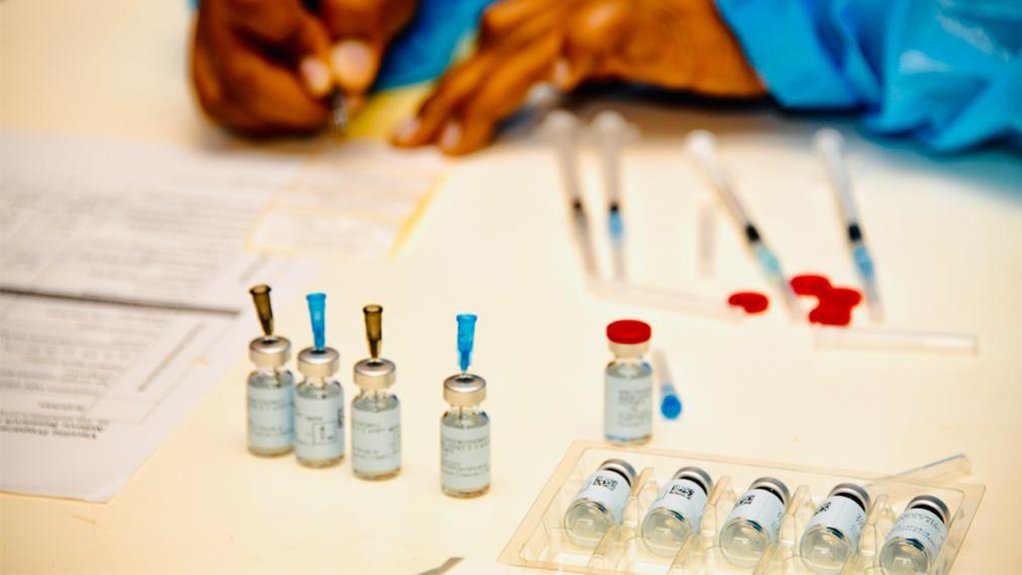Integrated chemicals and energy company Sasol has donated mobile clinics, vaccine carriers, laptops, specialised World Health Organisation-approved medical refrigerators and freezers, as well as temperature loggers to the provincial health departments in Gauteng, Mpumalanga and the Free State to support the rollout of vaccines in its host provinces.
“To deliver on our community health focus area and solidify our social partner status, we recognise the need to support the government’s vaccination rollout strategy by donating essential equipment and resources,” said Sasol regional operations and asset services senior VP Simon Baloyi in a statement issued on September 9.
In an effort to be seen as a responsible social partner, Sasol has been supporting different spheres of South African society since the outbreak of the pandemic last year through its “shared-value approach”. This approach is underscored by the company’s efforts to ensure the health and safety of its employees, their families and those who live in its fenceline communities.
Owing to the challenge posed by South Africa’s vast landscape in enabling access to vaccines, Baloyi said Sasol had decided to fast-track its plans to donate equipment to enable a much broader reach of government’s community vaccination drive.
“Our purpose as Sasol is to innovate for a better world. In line with that, our social impact approach aims to deliver effective and relevant interventions that enable the creation of partner-leveraged social value,” Baloyi said.
Since the declaration of Covid-19 as a pandemic in March last year, Sasol has produced and donated more than 1.6-million litres of alcohol-based sanitiser to frontline workers in hospitals, clinics, communities, as well as to local and national governments. These were distributed by its logistics partners Stellar Transport, Reef Tankers, Imperial Logistics and Super Group Freight.
The company has also donated more than 12 000 masks, 36 000 pairs of gloves, as well as 5 000 safety suits and overalls to support frontline response efforts in its fenceline communities.
Sasol has also converted a number of its buildings into quarantine centres for employees and their families. Additionally, it has transformed its mobile science laboratories, which are usually used for school education programmes, into Covid-19 screening and testing units.
The company has also donated one-million litres of jet fuel to the Department of International Relations and Cooperation for the repatriation of South Africans stranded abroad.
Moreover, Sasol has fast-tracked the manufacturing of its own hand-sanitisers for use at its own operations, as well as at immediate fenceline communities in Mpumalanga and the Free State. This product was also distributed to employees of strategic partners.
Additionally, Sasol also handed over a mobile science laboratory and an e-learning support programme to the Mpumalanga Department of Education on September 9 to help address the challenge of poor access to technology – especially for learners in rural and peri-urban areas.
“Our Covid-19 response has been multilayered, consultative and collaborative to support efforts to flatten the curve with particular focus on our fenceline communities within Mpumalanga, Free State, Gauteng and KwaZulu-Natal,” Baloyi concluded.
Edited by: Zandile Mavuso
Creamer Media Senior Deputy Editor: Features
EMAIL THIS ARTICLE SAVE THIS ARTICLE
ARTICLE ENQUIRY
To subscribe email subscriptions@creamermedia.co.za or click here
To advertise email advertising@creamermedia.co.za or click here













